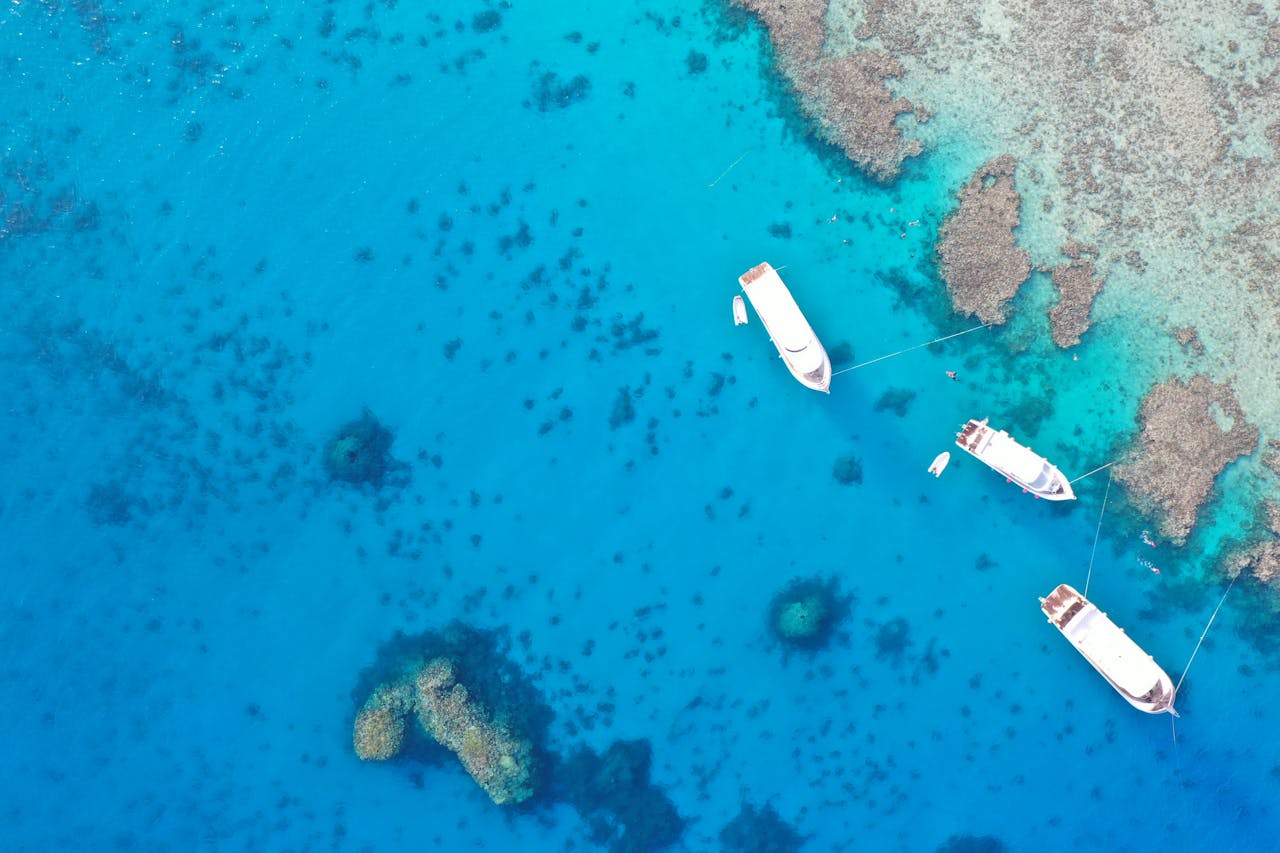“Floating gold” is the affectionate nickname for ambergris, a valuable rock-like substance occasionally found drifting off coasts worldwide. Valued for its color and density, it fetched a whopping $3 million in a recent auction. Ambergris, commonly known as “whale excrement,” has a long history of use in various fields, including cosmetics, medicine, and even cuisine, owing to its pungent aroma and waxy texture.
Its origins were shrouded in obscurity until 1724 when Boston-based doctor Zabdiel Boylston disclosed that ambergris comes from sperm whales. Interestingly, Herman Melville mentioned ambergris in “Moby Dick” in the 19th century, shedding light on its use during that time. This substance found its way into perfumes, candles, and even wine, owing to its distinctive aroma and spice.
Ambergris’s Creation Process Within the Whale is a Fascinating Journey
Sperm whales, known for their preference for squid, sometimes ingest these creatures’ hard beaks. As the beaks traverse the digestive tract, they cause irritation, leading to the formation of a solid mass saturated with excrement. Water absorption from the lower intestines solidifies the mass, leading to the creation of the renowned ambergris.
Over time, ambergris transforms from a dark, foul-smelling substance to a waxier, grayer material, exuding earthy or piney scents. Surprisingly, it has a long history of use, including burning as incense in Ancient Egypt, serving as an aphrodisiac in China, and even as a delicacy for royalty like King Henry V and King Charles II.
In the 20th century, ambergris became a prized ingredient in perfumes for its unique aroma and adhesive qualities. Despite its scarcity, high-end fragrance brands and even the royal family in the Middle East indulge in the luxury of this unusual substance. With a global community of dedicated ambergris hunters, this rare find continues to captivate and inspire awe among enthusiasts and collectors, underscoring the value of the extraordinary in the world of luxury commodities.
The Legal Landscape of Ambergris
In certain countries, the legal status of ambergris remains unclear, leading to varied interpretations and practices. While Australia strictly prohibits its use in all products, the United States adopts a more lenient stance, often refraining from pursuing legal action against those dealing with it. However, the protection of this whale excrement under the Endangered Species Act of 1973 is a matter of debate.
Understanding the Environmental Impact of Ambergris Collection
The collection of ambergris from beaches around the world has both positive and negative environmental implications. On one hand, the collection encourages conservation efforts as the whale population increases. On the other hand, historical practices by whalers raise concerns about the ethical sourcing of this valuable substance. As a result, many countries remain cautious about legalizing its trade and use, fearing potential environmental repercussions.
Recognizing the Quality and Ageing Process of Ambergris
High-quality ambergris undergoes a specific ageing process in the ocean, contributing to its unique and valuable properties. As authorities often turn a blind eye to the trading of ambergris found on beaches, this naturally aged form is preferred in the market. Understanding the nuances of this process can help enthusiasts and traders identify authentic and premium-grade ambergris for various applications.
The Ethical Debate Surrounding Ambergris Harvesting
The ethical concerns related to the collection and trade of ambergris raise debates about the impact on whale populations and the environment. Many argue that the harvesting of this valuable substance contributes to the exploitation of marine life, urging for stricter regulations and monitoring to ensure the sustainable use of resources. However, others emphasize the traditional practices of ambergris harvesting and its historical significance in various cultural and commercial contexts.
Ambergris in Traditional Medicine and Contemporary Research
Exploring the potential medicinal properties of ambergris opens up discussions about its historical use in traditional medicine and its relevance in modern research. While some highlight its purported benefits in treating various health conditions, others raise skepticism about its efficacy and safety, advocating for more comprehensive scientific studies to validate its medicinal claims.
Ambergris in Luxury Perfumery: Sustainability and Innovation
The luxury perfume industry’s reliance on ambergris has triggered discussions about sustainable practices and innovative alternatives. Some argue that the persistent demand for this rare ingredient contributes to environmental challenges and raises questions about the industry’s ecological footprint. Simultaneously, experts delve into alternative fragrance ingredients and manufacturing techniques, emphasizing the need for sustainable and eco-friendly practices in the perfume sector.
Historical Significance and Modern Adaptations
Debates about the historical and contemporary culinary use of ambergris shed light on its cultural significance and evolving gastronomic trends. While some highlight its historical role in ancient cuisines and royal dishes, others discuss its modern applications in gourmet cooking and experimental culinary arts. The exploration of ambergris in the culinary world prompts discussions about its unique flavors and potential contributions to contemporary gastronomy.
Ambergris Trade and Market Trends
Analyzing the global trade and market trends of ambergris brings attention to its economic significance and international dynamics. Discussions about the fluctuating market prices, regional trade regulations, and the impact on local economies highlight the complex interplay between supply, demand, and regulatory frameworks. Moreover, experts emphasize the cultural and commercial value attached to ambergris in different parts of the world, underscoring its influence on global trade networks and economic landscapes.
Pros of Consuming Whale Poop
Consuming whale poop, known as ambergris, is associated with various perceived benefits, including its historical use in traditional medicine and its potential aphrodisiac properties. Some cultures believe that ambergris can stimulate vitality and improve overall well-being, leading to its incorporation into certain cuisines and traditional remedies. Additionally, its presence in high-end culinary creations and perfumes highlights its unique aromatic qualities and desirability in luxury products.
Cons of Ingesting Whale Poop
Despite its historical significance and cultural value, there are notable concerns and drawbacks related to the consumption of whale excrement. One primary issue is the potential ethical implications surrounding the collection and trade of ambergris, as it involves the harvesting of a product derived from marine mammals. Furthermore, the uncertain regulatory status of ambergris in various countries raises questions about its safety and legality, leading to potential health and legal risks for those involved in its consumption or trade.




